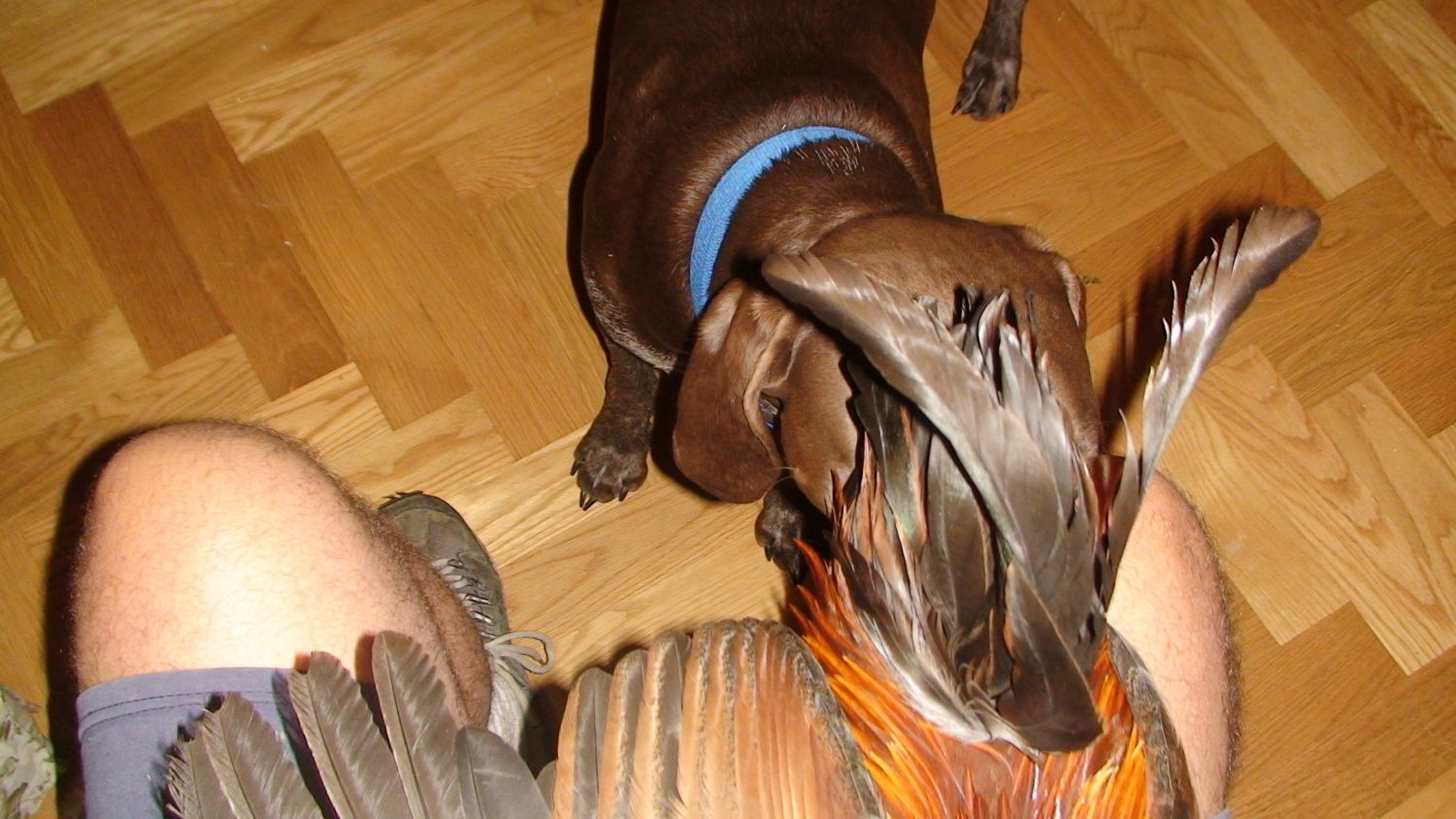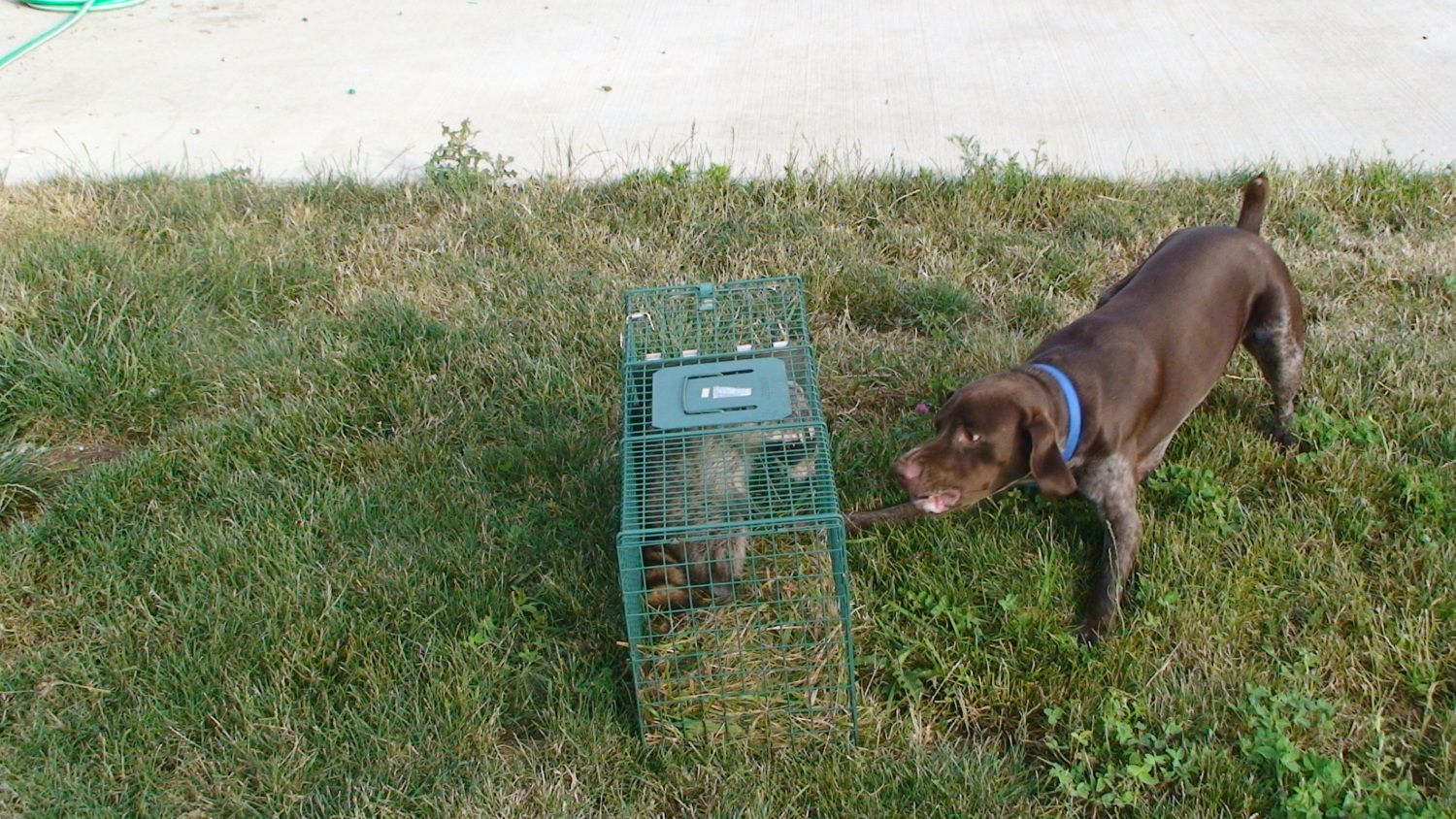- Thread starter
- #51
Scoob has had a busy night so far. Neighbors peacock was crowing up a storm until something riled Scoob up causing him to go where peacock was previously making his love call. Peafowl are in secure location but something still tries to get at them and Scoob can certainly hear commotion. After investigating that, Scoob made rounds and caught scent of a large opossum in field near cock yard in completely different direction. It was far enough out that I am not certain opossum had plans for my birds but Scoob treed it in pasture for a good 20 minutes before I got there. As I approached he proceeded to kill it which he can now do very effectively. There is a learning curve associated with dispatching cornered predators.
During daylight, Scoob simply needs to be vigilant; during night, he has to really get out there. This would explain the sleepiness of early morning, Scoob is working hard at night.
During daylight, Scoob simply needs to be vigilant; during night, he has to really get out there. This would explain the sleepiness of early morning, Scoob is working hard at night.





